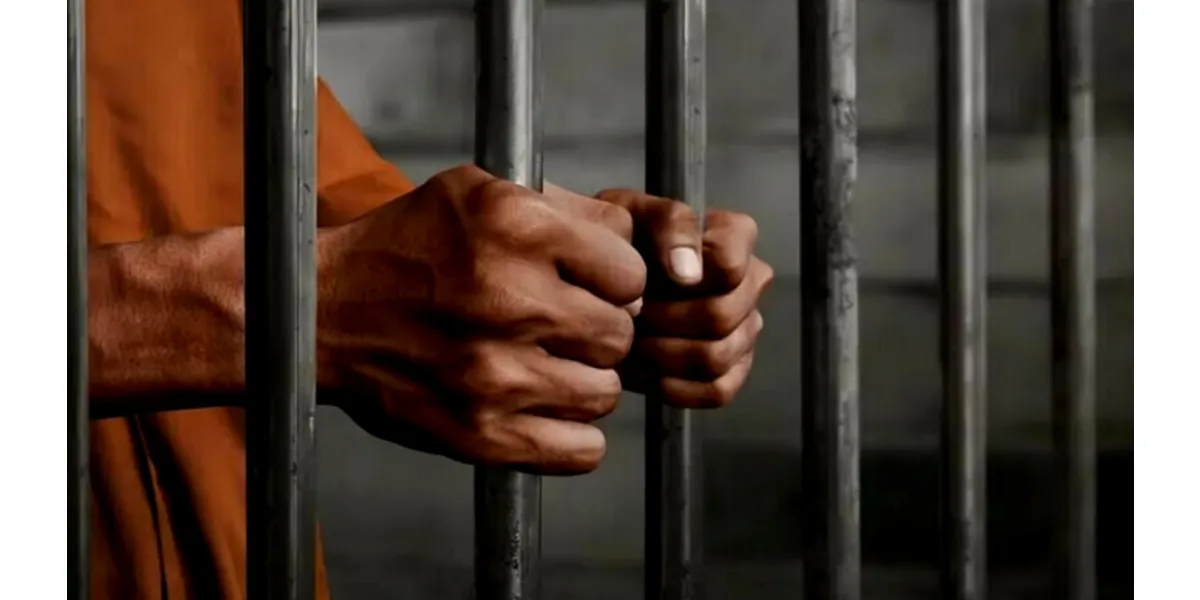A recent briefing by Pakistans Ministry of Overseas Pakistanis has revealed a sobering statistic 21406 Pakistani nationals are currently imprisoned across 76 countries The announcement has reignited discussions around migrant rights consular responsibilities and the often overlooked human cost of global labor migration
Advertisement
Advertisement
Advertisement
This development brings into focus the legal and humanitarian challenges faced by Pakistanis living abroad particularly those working in low income sectors who are often vulnerable to exploitative practices and legal pitfalls The staggering number also highlights the strain placed on Pakistans diplomatic missions which are often under resourced in their efforts to assist overseas detainees
Global Distribution and Major Host Countries
While the government has not provided a detailed breakdown by country civil society organizations like Justice Project Pakistan estimate the global total may exceed 23000 Pakistani prisoners accounting for reporting gaps and undocumented cases
The majority of these prisoners are reportedly held in Gulf countries such as Saudi Arabia the United Arab Emirates UAE and Oman as well as neighboring India Saudi Arabia is particularly prominent both in terms of numbers and severity of punishment
Concerns are widespread about the treatment of Pakistani prisoners in these countries Reports from Justice Project Pakistan and other watchdogs point to discriminatory legal processes lack of adequate legal representation and harsh penalties especially in cases related to drugs Saudi courts in particular have come under scrutiny for executing more Pakistanis than any other foreign nationality .
Also read : Indian Army Colonels Explosive Allegations Wife Sexually Assaulted Senior Officers Implicated
Conditions and Legal Challenges
Pakistani migrants are often incarcerated for minor infractions such as visa violations petty theft or unpaid debts though some face more serious allegations like involuntary manslaughter or drug trafficking In many Gulf states the legal systems are opaque and heavily skewed against foreign workers
Prison conditions are another area of concern Human rights organizations describe them as overcrowded unsanitary and lacking in basic health services Detainees often sleep without proper bedding and suffer from inadequate medical care
In Saudi Arabia and similar countries drug related charges can lead to capital punishment regardless of the circumstances Families of detainees frequently criticize the lack of judicial discretion and inhuman treatment of prisoners noting that many individuals were coerced or misled into transporting contraband without full knowledge of the consequences
Impact on Families and Government Response
The emotional and financial toll on families left behind in Pakistan is immense Many of the incarcerated individuals were the sole breadwinners in their households Their absence plunges families into poverty forcing them to rely on loans or community assistance to survive
In response Pakistans Foreign Office has increased its efforts to offer legal aid repatriation assistance and mental health support through consulates and embassies Some missions have established legal aid desks but the reach remains limited due to financial and personnel constraints
Urgent Calls for Reform
In light of these challenges civil society groups and human rights activists are urging the Pakistani government to implement several reforms
- Pre departure legal training for migrant workers to raise awareness of host country laws
- Emergency legal funds for embassies to respond swiftly to arrests
- Negotiations with host countries for fairer trials reduced use of the death penalty and improved prison conditions
- Transparency in reporting the status of imprisoned nationals and their legal needs
Justice Project Pakistan has strongly advocated for these changes emphasizing that systemic reform is necessary to protect vulnerable citizens abroad
Looking Ahead
While 21406 is the current official count experts warn that the actual number of imprisoned Pakistanis could be higher Many detainees remain undocumented or unreported due to asylum status or lack of access to legal aid The figure also fails to account for the fluid nature of arrests and releases around the world
With pressure mounting the Pakistani government must prioritize the protection of its citizens abroad by strengthening both preventive measures and emergency support systems Equipping migrant workers with the tools to understand and navigate foreign legal systems is as crucial as ensuring they have access to justice if they fall afoul of the law

In Summary
21406 Pakistani citizens are imprisoned in 76 countries with major concentrations in Saudi Arabia UAE Oman and India
- Issues include poor prison conditions harsh sentences and lack of legal support
- Families suffer financially and emotionally while consular services struggle to keep up
- There is an urgent need for policy reform legal training and international advocacy to protect the rights of Pakistanis abroad
This data driven wake up call presents an opportunity for Pakistan to step up its support for overseas citizens and engage globally on human rights protections for migrant communities .
